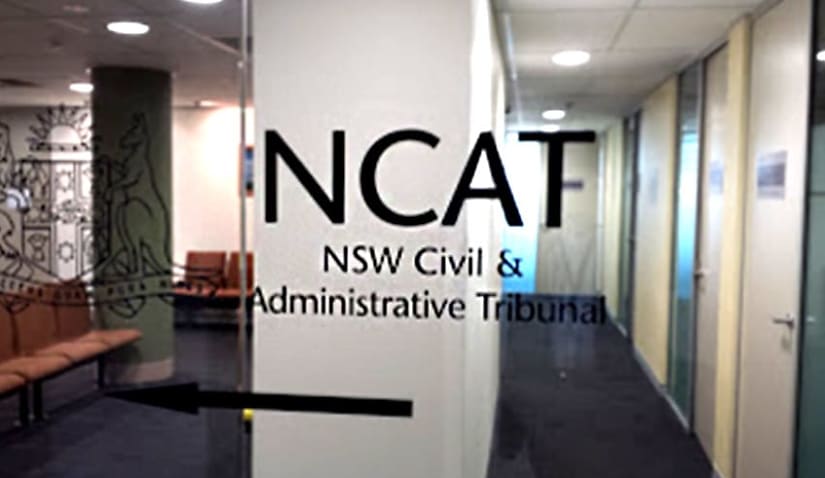A solicitor convicted of serious criminal offences ran into a jurisdictional issue when he attempted to overturn a decision of the Law Society to refuse to grant him a practising certificate.

Vladimir Shapkin attempted to lodge an administrative review application in the NSW Civil and Administrative Tribunal (NCAT) against a February decision of the Law Society to refuse his application for the grant of a practising certificate.
At the same time, Shapkin sought a stay of the council’s decision.
According to the Office of the Legal Services Commissioner’s Register of Disciplinary Action, Shapkin was convicted in late 2022, which resulted in a community corrections order and a fine.
In refusing to grant him a practising certificate, the register noted a failure by Shapkin to disclose further criminal charges laid against him in October 2023, related to the 2022 convictions.
This resulted in a finding he was “not a fit and proper person”.
Justice Lea Armstrong, NCAT president, said Shapkin did not identify the source of the tribunal’s jurisdiction to conduct the requested administrative review or decide on his stay application.
The tribunal determined Shapkin had not identified statutory provisions in the NCAT Act, the Uniform Law, the Application Act, or any other act that confer jurisdiction on the tribunal.
“There is no source of jurisdiction which would allow NCAT to make the orders sought by the applicant,” Justice Armstrong said.
“NCAT does not have authority to decide the applications. Accordingly, the applications lodged by the applicant on 27 February 2025 are dismissed for want of jurisdiction.”
The case: Shapkin v Council of the Law Society of New South Wales [2025] NSWCATOD 66 (2 June 2025).
